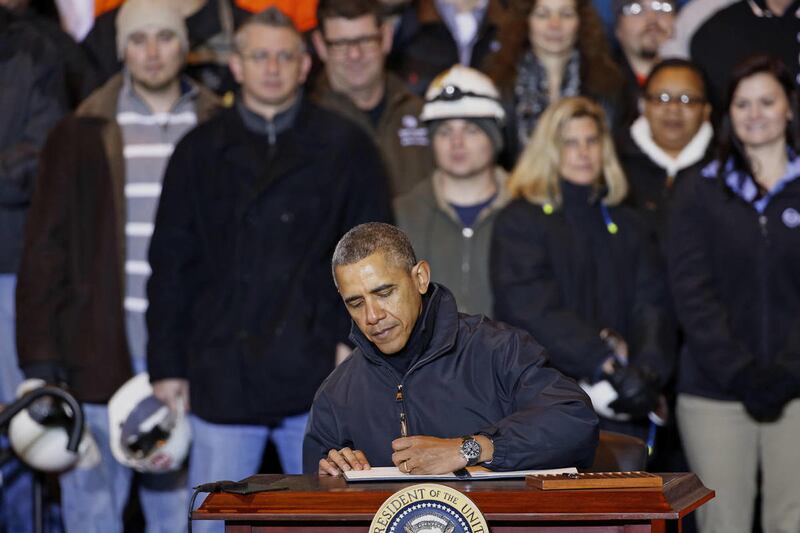By now, the State of the Union address is generally considered old news. At least one of the topics addressed in that speech may deserve some further attention. This topic was a proposal to raise the minimum wage for employees working under contracts with the federal government. Currently, the minimum wage stands at $7.25 per hour. The proposed increase to $10.10 per hour presents an increase of more than 39 percent.
This proposed increase would affect a fairly limited number of workers, at least initially. What this suggested increase would do is imply a government sponsored and approved increase in the national minimum wage.
On its surface, this proposed 39 percent increase in the minimum wage for these specific workers would appear to be funded by the U.S. government. While true, the funding of the U.S. government comes from those individuals and corporations paying taxes to the U.S. government. The cost of receiving the same government services increases while there is no intention, or even mention, of improving the quality of the services provided or any indication of enhanced cost management.
Taxpayers are left footing the bill for the higher wages the U.S. government would require its contractors to pay minimum-wage employees. A highly likely scenario for any federal contractor with minimum-wage workers would be to increase the cost to the government rather than absorb the mandated increasing wage costs.
As of Jan. 1, at least 13 states have raised their minimum wage rates. None of the 13 raised their minimum wage rates to $10.10 per hour as proposed in the State of the Union address. At the high end were states such as California, where the minimum wage rate was raised to $9 per hour. In Arizona, the minimum wage rate was increased to $7.90 per hour as of the beginning of the year.
It is worth noting several states continue not to have minimum wage rates. Examples of states without a minimum wage rate include Alabama and South Carolina.
Given the very divergent economies, demographics and resources in the 50 states, minimum wages should reflect the supply and demand for workers and their skills. Leaving minimum wage decisions to each state better aligns local wages with local needs and the local supply of laborers.
Kirby Brown is the CEO of Beneficial Financial Group based in Salt Lake City.


